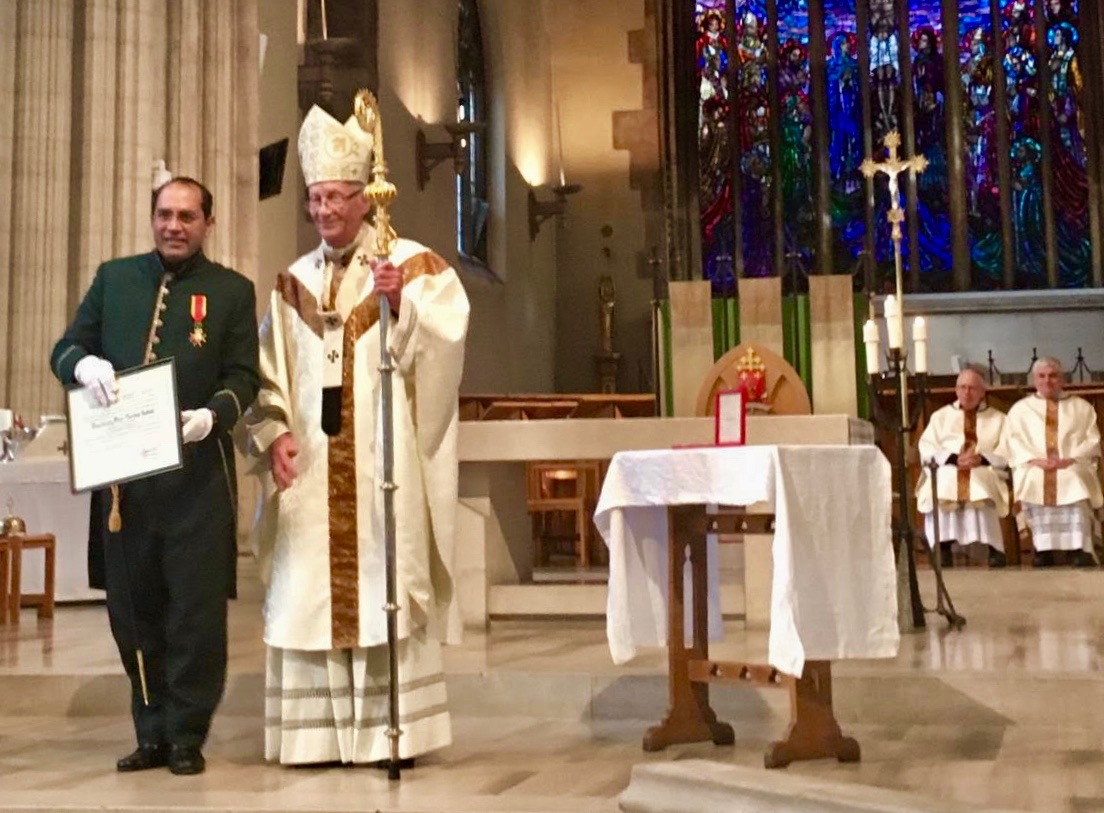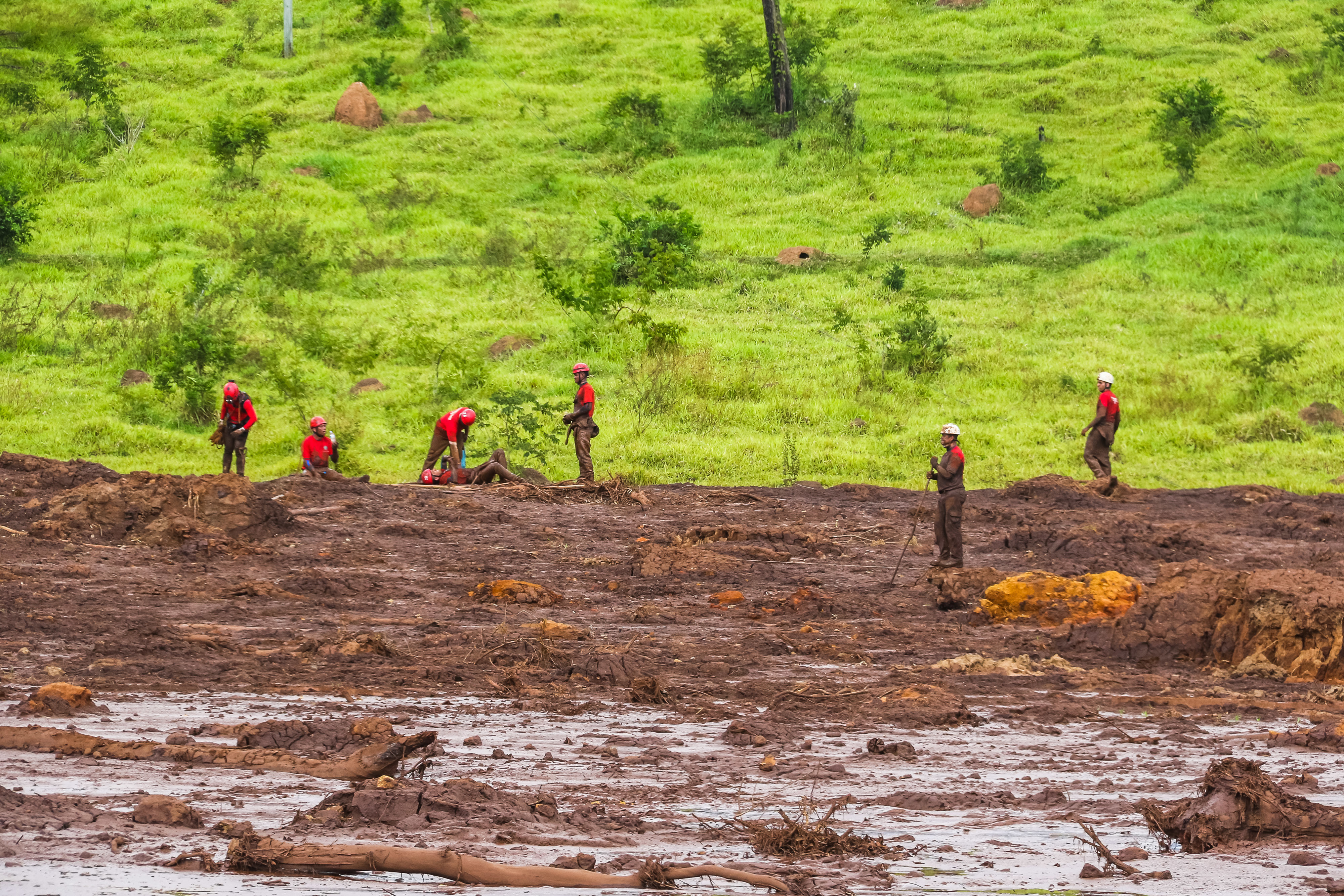I am writing from a violated community.
Brazil’s deadliest mining disaster in decades has devastated Minas Gerais and all Latin American communities affected by the arrogant violence of the extractive industries. The mining dam collapse spewed out sludge, a by-product from iron ore mining, which engulfed our community.
Now is the time to stop calling disasters caused by the irresponsible behaviour of companies "environmental accidents".
In the light of the scale of destruction caused, as well as the stress placed on water resources by day-to-day mining operations, investors need to question whether investing in mining companies is compatible with care of our Common Home.
Three years ago, on 5 November 2015, a mining dam owned by VALE SA, together with BHP Billiton, collapsed causing the deaths of 19 people and irrecoverable pollution of the entire Doce River basin.
We stare in horror at the brown mudslide landscape of yet another dam collapse, with many more deaths, serious casualties, and damage to the surrounding environment.
Previous governments facilitated the uncontrolled expansion of mining in the country, promoting the National Mining Plan and reformulating, by decree, the Legal Framework of Mining.
Since 2011, the population of Brumadinho and the region have been demonstrating in an organised way against the mine, its impacts and threats.
In December 2018, a civil society group called the ‘The FONASC’, wrote an official statement to the State Secretary of the Environment, denouncing the "Córrego do Feijão" mine and requested a suspension of its license. Their calls were ignored.
One month later, a deposit of toxic waste broke in the "Córrego do Feijão" mine and caused the deaths of 84 people with hundreds still missing. The company had obtained an environmental license for the expansion of 88 per cent of its activities.
The newly elected President of Brazil, Jair Bolsonaro, in response to financial pressure, expressed the plan to make environmental control and licensing as flexible as possible.
His government stripped powers from the Environment portfolio, suspended contracts with Non-Governmental Organisations committed to defending the environment, and abolished secretariats that worked for public policies against global warming.
The State continues to grant licenses to extractive projects when it should be monitoring them to guarantee the safety and dignified life of the communities and the environment.
The government must understand that this growth model is unsustainable and lethal. Companies take over the territory, they consume vital resources such as water, trees, and leaves a community dependent on mining for their way of life.
Often, companies and governments call for mediation between the communities and the mining companies, using ‘dialogue’ to bring communities around to their viewpoint. They even look to use the churches, to give their process credibility.
However, their process often results in a systematic disqualification of different voices, and the loudest voices heard are those calling for progress, which profits the few.
This is not true dialogue; you cannot blackmail people who need jobs to survive in regions controlled by mining, without guaranteeing safety, health and social welfare at the same time.
The international community must use the opportunity that they now have at the UN to agree a Binding Treaty for Business and Human Rights and responsible, effective and prompt judicial processes for those companies who act with impunity and ignore the calls for justice, and compensation for poor, vulnerable families.
We will continue to accompany and work with the 70 dioceses across Brazil who are affected by extractive mining and stand alongside the survivors of these disasters who face the long road ahead of rebuilding their lives.
All Brazilians must be able to trust in the democratic system of environmental protection and the rights of the population.
We will silently embrace and comfort the families of Brumadinho with our tears.
Fr. Dario Bossi is a Comboni Missionary and Churches and Mining Network partner of UK aid agency CAFOD



 Loading ...
Loading ...
What do you think?
You can post as a subscriber user ...
User comments (0)